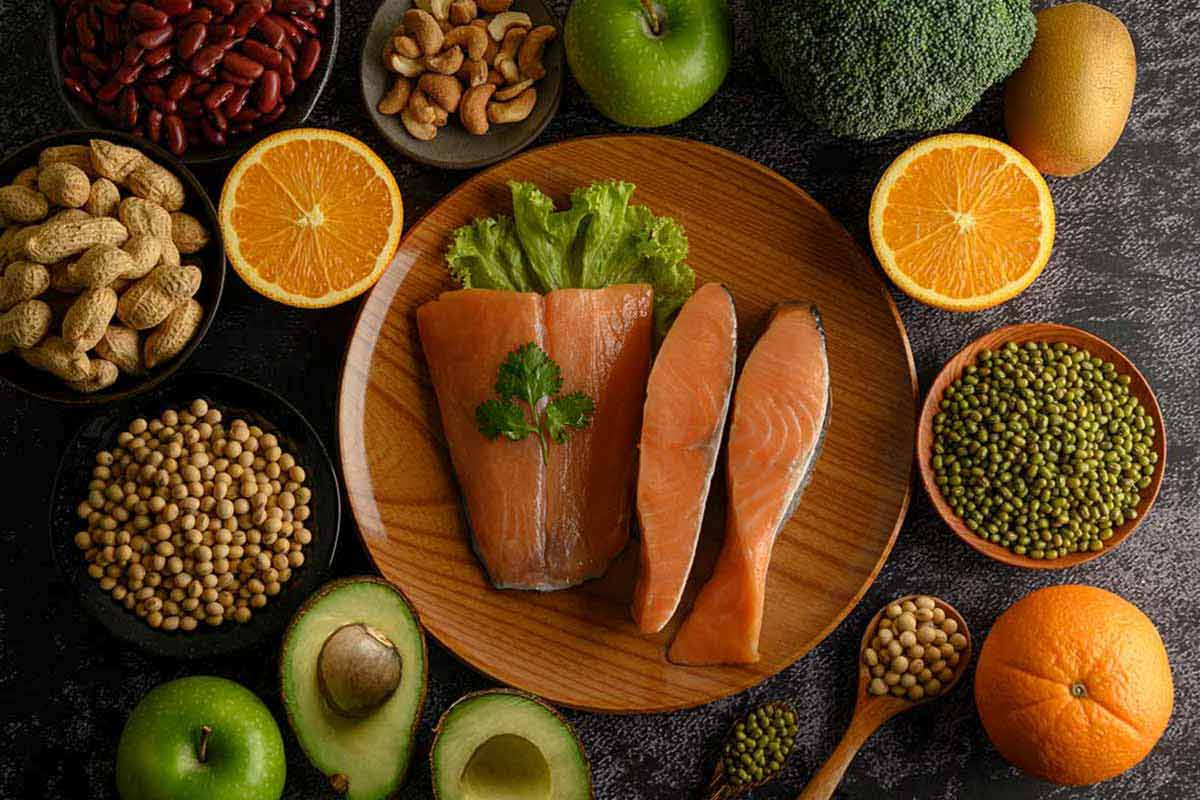Blog, Nutrition Information
Plant-Based Protein vs Animal-Based Protein: A Comprehensive Comparison
Protein is an essential nutrient for our bodies, and it can be obtained from various sources, including plants and animals. The debate between plant-based protein and animal-based protein has gained significant attention in recent years.
In this blog, we dive deep into the comparison between these two protein sources. We explore their nutritional profiles, health benefits, and environmental considerations to help you make informed dietary choices. By understanding the similarities and differences between plant-based and animal-based protein, you can optimize your protein intake while aligning with your personal preferences and values.
Understanding Plant-Based Protein
Sources of Plant-Based Protein
Plant-based protein can be obtained from a variety of sources, including legumes (beans, lentils), grains (quinoa, rice), nuts and seeds (almonds, chia seeds), and plant-based protein powders (pea protein, hemp protein). These sources offer a range of amino acids and can provide high-quality protein when combined properly.
Benefits of Plant-Based Protein
Plant-based protein sources are often rich in fiber, vitamins, minerals, and antioxidants, offering numerous health benefits. They are generally lower in saturated fat and cholesterol and may be associated with a reduced risk of certain chronic diseases, such as heart disease and type 2 diabetes.
Exploring Animal-Based Protein
Sources of Animal-Based Protein
Animal-based protein primarily comes from meat, poultry, fish, eggs, and dairy products. These sources provide complete proteins, containing all essential amino acids in sufficient quantities. Animal-based protein is also known for its high bioavailability, meaning it is easily absorbed and utilized by the body.
Benefits of Animal-Based Protein
Animal-based protein is often rich in essential nutrients such as vitamin B12, iron, zinc, and omega-3 fatty acids. It is a complete protein source, meaning it provides all essential amino acids required by the body. Animal-based protein can be particularly beneficial for individuals who have increased protein needs or who engage in intense physical activity.
Nutritional Comparison
Protein Content and Quality
Both plant-based and animal-based protein sources can provide an adequate amount of protein. However, animal-based protein sources generally have a higher protein content per serving. Animal-based protein also tends to have a higher protein quality due to its amino acid profile and higher digestibility.
Essential Amino Acid Profile
Plant-based proteins often lack one or more essential amino acids. However, by combining different plant-based protein sources, such as rice and beans, you can create a complete amino acid profile. Animal-based proteins, on the other hand, contain all essential amino acids in sufficient quantities.
Health Benefits and Considerations
Heart Health and Cholesterol
Plant-based protein sources are generally lower in saturated fat and cholesterol, which can benefit heart health. Animal-based protein sources, especially those high in saturated fat, may increase the risk of heart disease when consumed in excess.
Digestive Health and Fiber
Plant-based protein sources are often accompanied by dietary fiber, which supports digestive health, promotes satiety, and helps maintain a healthy weight. Animal-based protein sources do not contain fiber, but they can still be part of a balanced diet when consumed in moderation.
Environmental Impact
Plant-based protein sources generally have a lower environmental impact compared to animal-based protein sources. The production of plant-based protein requires fewer resources, such as land, water, and energy, and contributes to lower greenhouse gas emissions.
Meeting Nutritional Needs
To meet your nutritional needs, consider incorporating a variety of protein sources into your diet. Combining plant-based protein sources with complementary amino acid profiles can ensure a complete and balanced protein intake. It’s also essential to consider other nutrients, such as iron, vitamin B12, and omega-3 fatty acids, that may be more abundant in specific animal-based protein sources.
Conclusion
In conclusion, both plant-based protein and animal-based protein can be part of a healthy and balanced diet. Plant-based protein sources offer health benefits, such as lower saturated fat and cholesterol levels, while animal-based protein sources provide complete proteins and essential nutrients.
Personal preferences, nutritional needs, and environmental considerations should guide your protein choices. By incorporating a variety of protein sources into your diet, you can optimize your protein intake and support your overall health and well-being.

